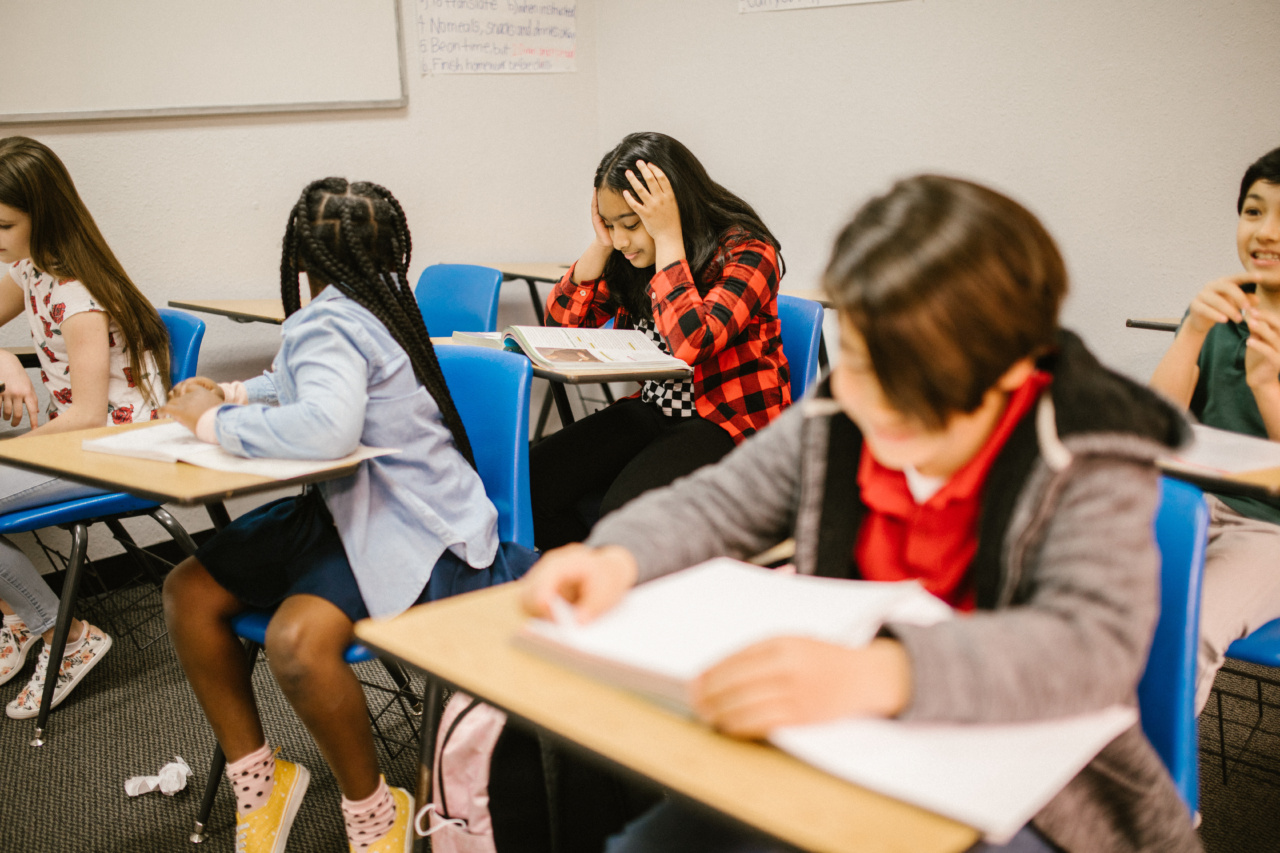Reading is often considered one of the most essential skills for young learners to develop. It opens up a world of knowledge, imagination, and opportunities for personal growth.
However, too much reading outside of class can sometimes have detrimental effects on these young learners. In this article, we will explore the reasons why excessive reading outside of class can be problematic for young students.
Absence of Peer Interaction
One of the drawbacks of excessive reading outside of class is the lack of peer interaction. Classroom settings provide an ideal environment for students to engage in discussion and exchange ideas about the text they have read.
Young learners can benefit greatly from these collaborative learning experiences as they help develop critical thinking, communication, and social skills. When engrossed in excessive reading, students miss out on these valuable interactions with their classmates.
Imbalance in Skill Development
While reading is undoubtedly important, young learners also need to develop other skills such as writing, speaking, and problem-solving. Engaging in a variety of activities helps young students enhance their overall language proficiency.
Spending a significant amount of time on reading alone can create an imbalance in skill development, negatively impacting the holistic growth of the learner.
Overwhelming Content Consumption
When young learners spend excessive time reading, they may consume an overwhelming amount of content. While it is crucial to expose children to a wide range of literature, too much content can lead to information overload.
This can make it difficult for students to process and retain information effectively, leading to diminished comprehension and critical thinking abilities.
Neglecting Hands-On Experiences
Excessive reading can also result in a neglect of hands-on experiences. Young learners need opportunities to engage in practical activities that reinforce what they have learned in class.
Whether it be conducting science experiments, taking part in role plays, or solving math problems, these hands-on experiences contribute to a deeper understanding of concepts. When too much time is devoted to reading, students miss out on the chance to apply their knowledge in practical situations.
Physical Health Concerns
Reading extensively outside of class can also have negative implications for the physical health of young learners. Spending long hours sitting and reading can lead to sedentary behavior, which can contribute to an unhealthy lifestyle.
Lack of physical activity can lead to issues such as obesity, decreased cardiovascular fitness, and even musculoskeletal problems. It is crucial for children to maintain a balance between reading and engaging in physical activities to promote their overall well-being.
Increased Stress Levels
Too much reading can also lead to increased stress levels among young learners. For some students, the pressure to constantly read and meet reading goals can create anxiety and a sense of overwhelm.
Reading should be an enjoyable activity that promotes relaxation and intellectual curiosity. When it becomes a source of stress, its benefits are diminished, and the young learners may start associating negative emotions with reading.
Reduced Time for Other Hobbies
Young learners have diverse interests and hobbies that contribute to their overall personal development. While reading is undoubtedly beneficial, excessive reading can encroach upon the time that could be spent exploring other hobbies.
Activities such as playing sports, engaging in artistic pursuits, or building models foster creativity, physical coordination, and personal growth. When children spend excessive time reading, they miss out on the opportunity to cultivate these essential skills and interests.
Impact on Sleep and Rest
Excessive reading outside of class can also impact the quality of sleep and rest that young learners need. When children prioritize reading over getting adequate sleep, they may face difficulties falling asleep and experience fatigue during the day.
Lack of rest can affect their overall well-being, cognitive abilities, and academic performance. It is important for young learners to maintain a healthy balance between reading and getting enough sleep to support their physical and mental development.
Diminished Motivation for Assigned Reading
Excessive reading outside of class can also lead to diminishing motivation for assigned readings. When young learners are constantly engaged in personal reading, the texts assigned by their teachers may seem less engaging or relevant to their interests.
This can result in decreased participation in class discussions, lower quality of work, and an overall decline in academic performance.
Strained Parent-Child Relationships
When young learners spend excessive time reading outside of class, it can also strain parent-child relationships.
Excessive reading may lead to limited interaction between children and their parents, causing a disconnect in communication and shared experiences. While reading is essential, it should not overshadow the importance of spending quality time with family and developing meaningful relationships.
Conclusion
While reading is an invaluable skill for young learners, it is important to strike a balance and avoid excessive reading outside of class.
Excessive reading may hinder peer interaction, create an imbalance in skill development, overwhelm learners with excessive content, neglect hands-on experiences, impact physical health, increase stress levels, reduce time for other hobbies, affect sleep and rest, diminish motivation for assigned reading, and strain parent-child relationships. By finding a healthy equilibrium between reading and other activities, young learners can enjoy the benefits of reading while also nurturing their overall development.































